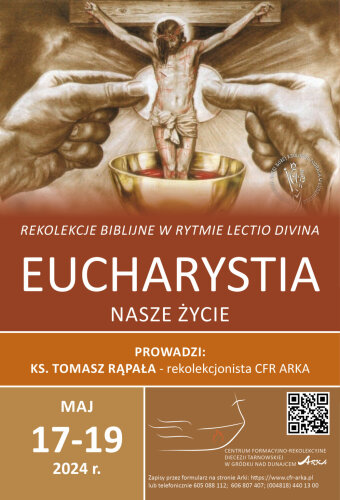Best Native People Lawyers in Warsaw
Share your needs with us, get contacted by law firms.
Free. Takes 2 min.
List of the best lawyers in Warsaw, Poland
About Native People Law in Warsaw, Poland:
Native People in Warsaw, Poland refer to the indigenous communities that have historically inhabited the region. They possess a rich cultural heritage and have unique legal rights and protections. Understanding the legal framework surrounding Native People is crucial to ensure respect for their rights and preservation of their cultural values.
Why You May Need a Lawyer:
There are various situations in which you may require legal help in matters related to Native People. Some common examples include:
- Land rights and property disputes
- Environmental issues affecting native lands
- Cultural appropriation and protection of cultural heritage
- Access to healthcare, education, and social services for Native People
- Employment discrimination or unfair treatment based on indigenous identity
Local Laws Overview:
The legal framework in Warsaw, Poland includes specific provisions to protect the rights of Native People, recognizing their cultural significance and promoting their welfare. Some key aspects of local laws that are relevant to Native People include:
- Recognition of indigenous communities and their right to self-government
- Protection of ancestral lands and natural resources
- Preservation of cultural heritage and traditional knowledge
- Inclusion of Native People in decision-making processes on matters affecting their rights and interests
- Prohibition of discrimination against Native People and promotion of equality
Frequently Asked Questions:
Q: Do Native People in Warsaw, Poland have legal rights?
A: Yes, Native People in Warsaw, Poland have legal rights that are protected by specific laws and regulations. These rights include land rights, cultural preservation, and protection against discrimination.
Q: How can I support indigenous communities in Warsaw, Poland?
A: Supporting indigenous communities can be done through various means such as learning about their history and cultural practices, respecting their traditions, amplifying their voices, and supporting organizations working towards indigenous rights and well-being.
Q: What should I do if I witness discrimination against Native People?
A: If you witness discrimination against Native People, it is important to document the incident, gather evidence, and report it to the relevant authorities or organizations advocating for indigenous rights. Legal assistance can also be sought to address the discrimination effectively.
Q: Are there specific legal protections for the preservation of indigenous languages?
A: Yes, the legal framework in Warsaw, Poland recognizes the importance of preserving indigenous languages. There are provisions in place to support the revitalization and maintenance of indigenous languages, including their use in education and official documentation.
Q: Are there any restrictions on the use of indigenous cultural symbols?
A: The use of indigenous cultural symbols, such as traditional attire and sacred objects, should be done with respect and in consultation with the respective indigenous communities. It is essential to avoid cultural appropriation and seek permission when using such symbols for commercial purposes.
Additional Resources:
For further information or legal assistance regarding Native People in Warsaw, Poland, you may find the following resources helpful:
- Ministry of Justice - Department of Indigenous Affairs
- Warsaw Indigenous Rights Association
- Center for Indigenous Peoples' Rights
Next Steps:
If you require legal assistance concerning Native People in Warsaw, Poland, it is advisable to:
- Research and understand your specific legal issue
- Consult with a lawyer experienced in Native People law
- Provide relevant documents and information to your lawyer
- Discuss potential courses of action and strategies for resolution
- Follow your lawyer's guidance and actively participate in the legal process
Lawzana helps you find the best lawyers and law firms in Warsaw through a curated and pre-screened list of qualified legal professionals. Our platform offers rankings and detailed profiles of attorneys and law firms, allowing you to compare based on practice areas, including Native People, experience, and client feedback.
Each profile includes a description of the firm's areas of practice, client reviews, team members and partners, year of establishment, spoken languages, office locations, contact information, social media presence, and any published articles or resources. Most firms on our platform speak English and are experienced in both local and international legal matters.
Get a quote from top-rated law firms in Warsaw, Poland — quickly, securely, and without unnecessary hassle.
Disclaimer:
The information provided on this page is for general informational purposes only and does not constitute legal advice. While we strive to ensure the accuracy and relevance of the content, legal information may change over time, and interpretations of the law can vary. You should always consult with a qualified legal professional for advice specific to your situation.
We disclaim all liability for actions taken or not taken based on the content of this page. If you believe any information is incorrect or outdated, please contact us, and we will review and update it where appropriate.











